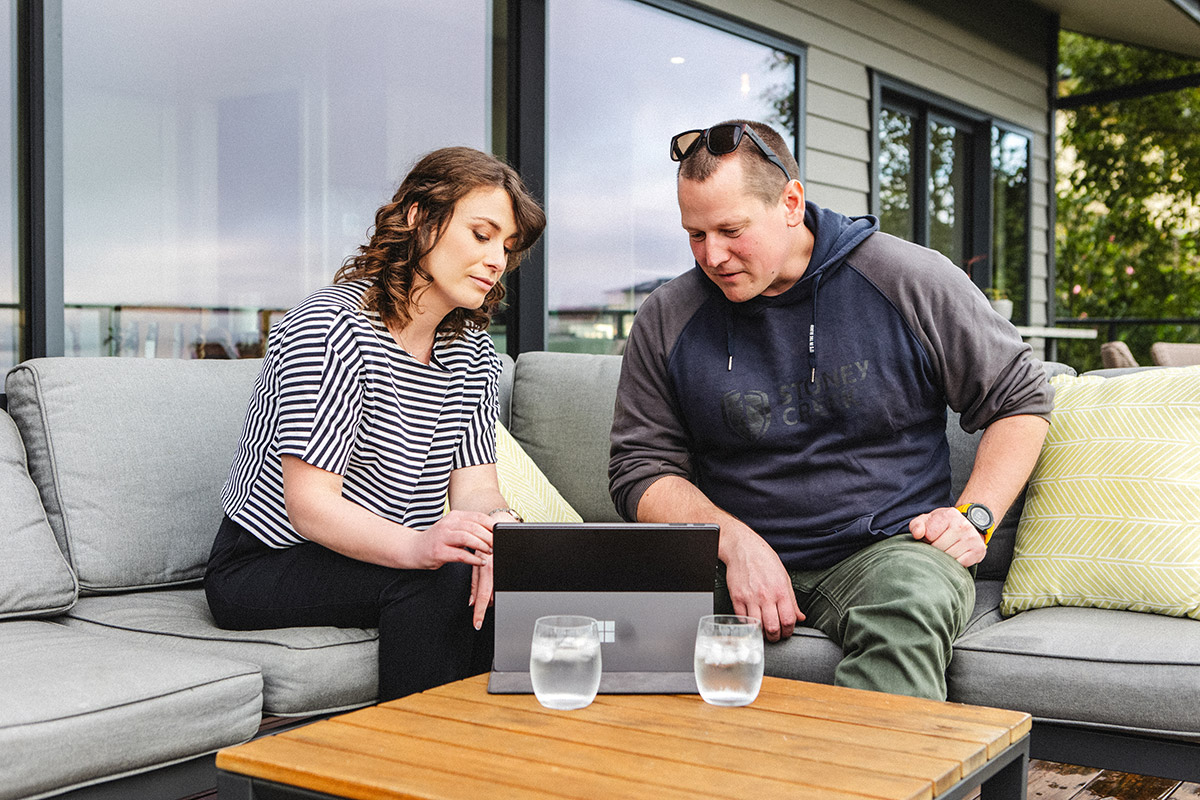Sponsored: Grief has many faces (and yours is OK)

Lindsey Rigby and Sarah Moon from Clean Break.
Sarah Moon knows that relationships don’t always last — but care, fairness and dignity can. She runs Clean Break, Nelson’s only law firm focused solely on relationship property.
Some people think grief only shows up after someone dies. But if you’ve ever gone through a breakup, lost a job, watched a friendship fade, or faced a major life change — your body has probably met grief too.
It’s just that we don’t often name it as grief.
Sometimes it looks like tears. Sometimes rage. Sometimes it’s snapping at the kids. Or feeling numb in meetings. Or freezing when a song comes on in the supermarket, overwhelmed by having to deal with your feelings in a public environment.
Grief changes the way your brain works. It can cloud your focus, shut down your decision-making, and turn even simple questions into overwhelming ones. This is normal. Your nervous system is simply doing its job — protecting you while you adjust.
What can grief look like?
Grief moves at its own pace, and it lands differently depending on who you are, what you’ve lost, and how safe you feel to feel it.
• If you are calm, emotionally flat or avoiding conversations – you might be in denial.
• If you have a short temper, are blaming others, resistant to help or have disproportionate bursts of emotion – you might be in anger.
• If you are rewriting the past, overanalysing your part, delaying progress or trying to “fix” things – you might be in bargaining.
• If you have low energy, struggling to act, tearful or numb - you might be in depression.
• And if you are willing to engage in planning, can express both grief and hope, and have more balanced emotions – you might be in acceptance.
People move back and forth between stages (even in the same conversation), experience multiple stages at once, or go completely off-book. You will almost certainly be at a different stage to the people around you, which can create frustration, conflict, or delays… especially when big decisions still need to be made.
What helps?
First, naming what you have lost and that you are grieving. Even if what you lost wasn’t a person, but a future, a routine, a name, a version of yourself. Try to recognise where you are in the grief cycle – remembering that grief is not linear and does not follow any rules.
Second, give yourself breathing space around the big calls. Don’t rush if your body’s asking you to pause.
And third, get the right support around you. Maybe that’s a lawyer who understands you don’t have to act in crisis mode. Maybe it’s a therapist, or a friend who really listens. While it is normal to feel lonely, you can combat this with a strong support team. If you feel like you can’t reach out to anyone, text or call 1737 for free and confidential support, available 24/7.


